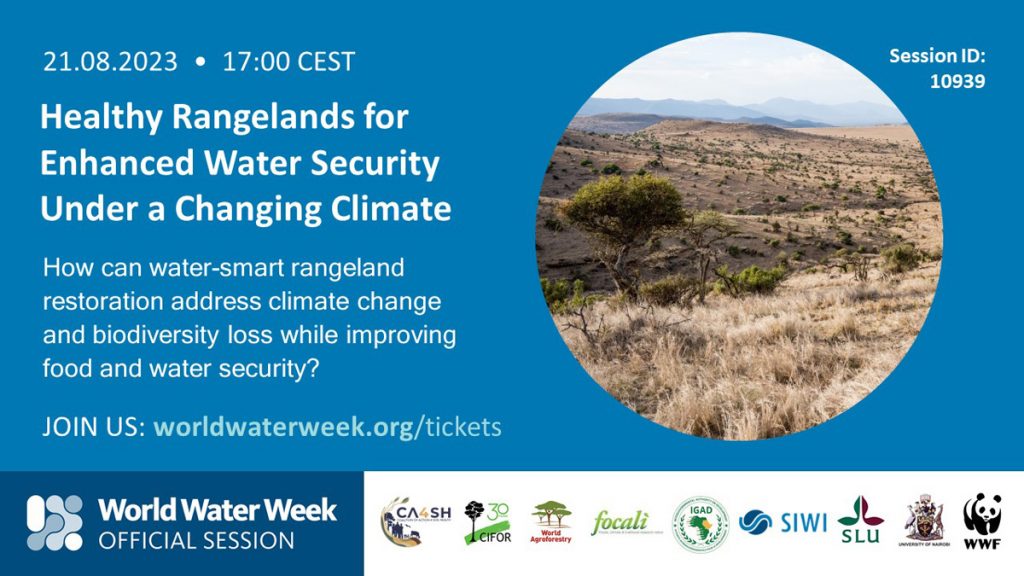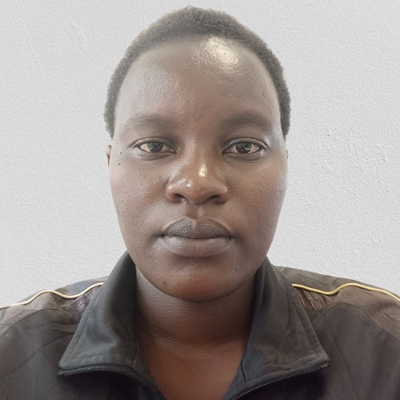Side Event
Healthy rangelands for enhanced water security under a changing climate

Rangelands cover about half of the global land surface, support over 2 billion people and more than 50% of the world’s livestock, and host high biodiversity. But rangelands and the livelihoods of the people they support, particularly those of pastoralist communities, are under increasing pressure due to the compounding effects of land degradation and climate change.
Water is the main limiting factor in most rangelands, and water shortages threaten the provision of critical rangeland ecosystem services, including food production and the provision of habitats for biodiversity, as well as climate regulation. Therefore, restoration initiatives need to better integrate hydrological processes to ensure the long-term sustainability, resilience and multifunctionality of rangelands.
Despite their global significance, rangelands are under-recognized and under-valued, and have rarely been featured in international agendas. Water-smart rangeland restoration can be instrumental in addressing the twin crises of climate change and biodiversity loss while improving food and water security and human well-being. This session will highlight rangeland restoration options that link soil and water to build healthy and resilient rangelands, and discuss how these can accelerate transformative change toward sustainability.
In this session, we will discuss innovative solutions that jointly address the challenges of water and food insecurity, biodiversity loss and climate change in rangelands. We will focus on rangeland restoration options that link soil and water to build healthy and resilient rangelands.
























